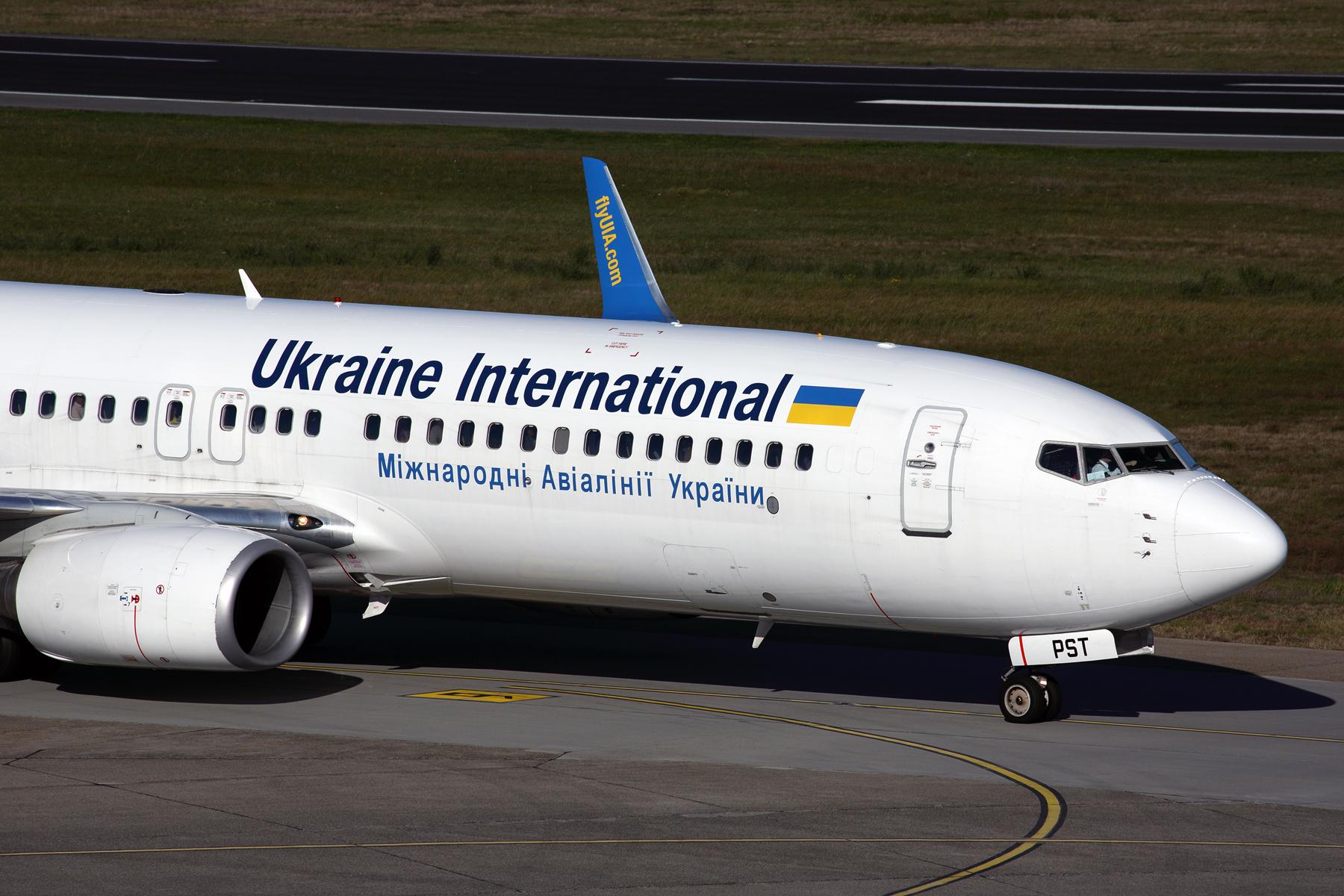
Credit: Rob Finlayson
A Canadian judge has found Ukraine International Airlines (UIA) liable for the deaths of 176 passengers and crew on board a flight shot down by Iranian surface-to-air missiles. The airline now faces unlimited compensation for those killed. The case was held in Canada as many Canadians of Iranian...
Subscription Required
Judge Rules Ukraine International ‘Negligent’ In Tehran Shootdown is published in Aerospace Daily & Defense Report, an Aviation Week Intelligence Network (AWIN) Market Briefing and is included with your AWIN membership.
Already a member of AWIN or subscribe to Aerospace Daily & Defense Report through your company? Login with your existing email and password.
Not a member? Learn how you can access the market intelligence and data you need to stay abreast of what's happening in the aerospace and defense community.





